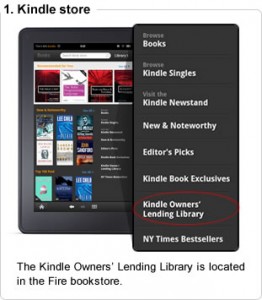
There are also reports that the big six publishers are not participating – Hunger Games was released by Scholastic, and Water for Elephants by Algonquin, for example. But what does this mean for Kindle KDP publishers? As of now, this is up in the air. PC Mag reports:
The company did not mention if the e-book lending program included participants from self-publishing platforms like Kindle Direct Publishing (KDP) or Kindle Singles. Most e-books offered by major publishers in the Kindle store are generally priced much higher than books from self-publishers, who tend to offer their work for $0.99-$2.99 per book. Will the new program have an adverse effect on authors such as Amanda Hocking, who recently managed to sell 1 million e-books through self-publishing? And will Amazon’s move to generate interest in Amazon Prime ultimately kill the goose that laid the golden e-book egg? Only time, and consumer tastes, will tell.
The way payment works is described like this:
Amazon has worked out deals with publishers to include the book for a fixed fee while others will be paid each time it is borrowed.
If Kindle self-publishers are in the mix, it would likely be the latter arrangement. Chances are Amazon would not want to flood the system with thousands of self-published titles because they want more people to sign up for Prime to get the service. The selling point is that you can read Hunger Games for free, not unknown books. One of the complaints about Netflix is that there aren’t a lot of “top flight” movies available for streaming. And Netflix has recently taken a huge hit. You could also make the argument that more titles means more selection, but it could also dilute the brand of a new and untested venture. Amazon is said to be swallowing the cost at first to prove to mainstream publishers that this is worthwhile.
It would be problematic if Amazon started releasing self-published titles for free without compensation. If you think – well, that’s how a library works – that’s not really the case, as a library has to purchase a book before it’s lent out.
Overall, this is an inevitable development – why shouldn’t there be a Netflix for books? But if Amazon starts thinking that free publishing means free to do whatever they want, this could cause some serious problems.
Get an Editorial Review | Get Amazon Sales & Reviews | Get Edited | Get Beta Readers | Enter the SPR Book Awards | Other Marketing Services


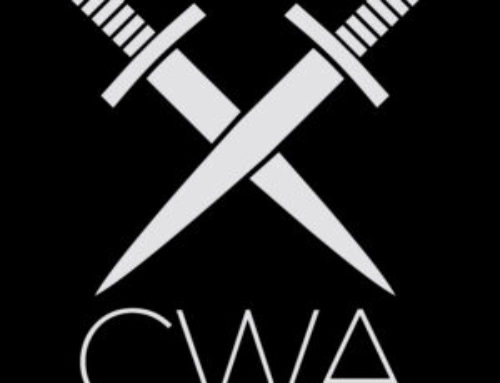
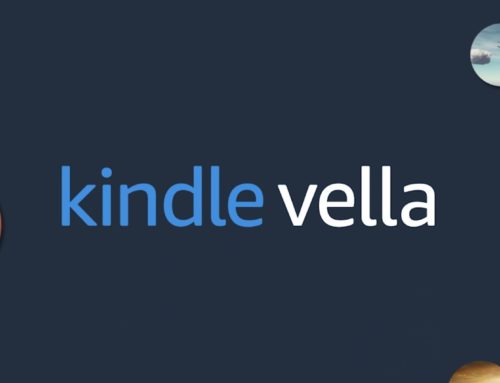
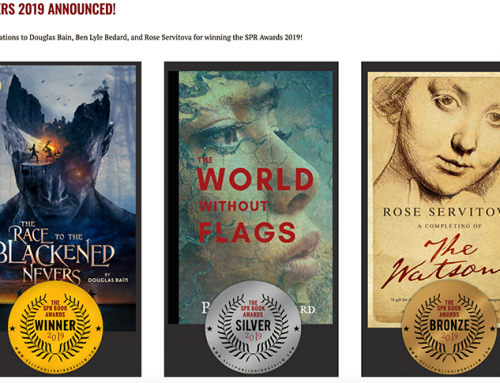
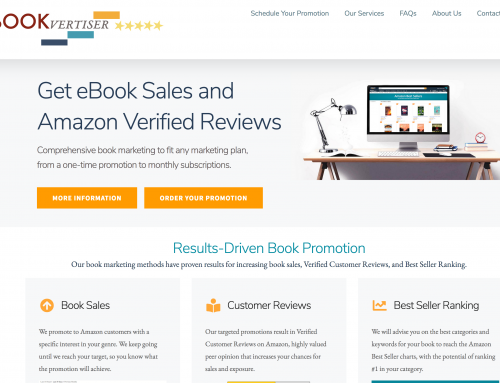
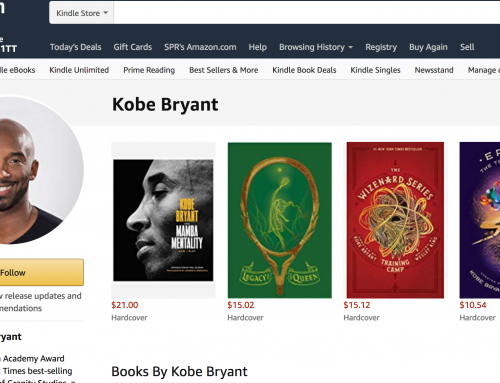
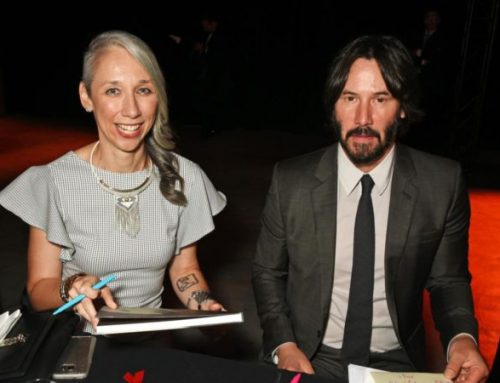
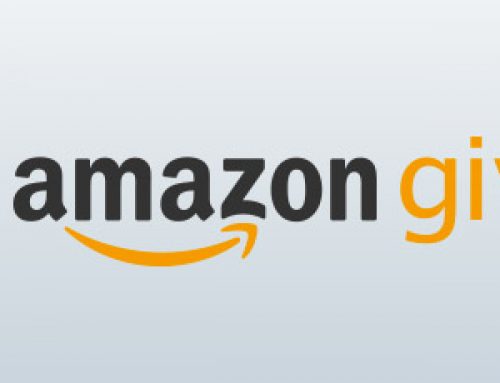
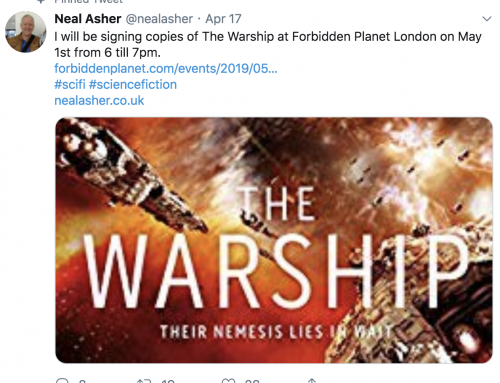
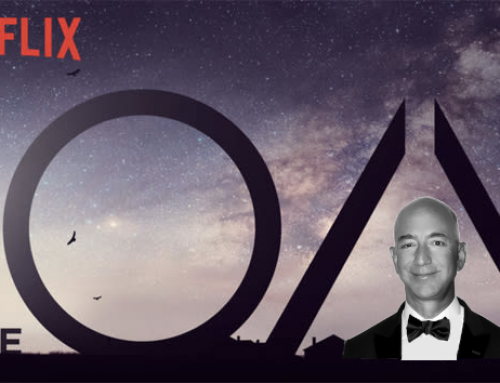
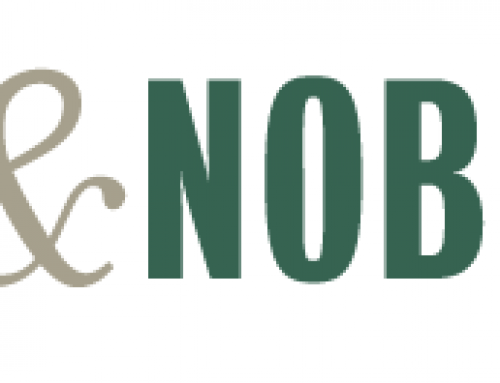
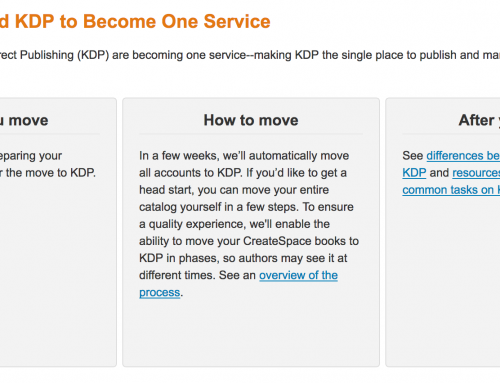

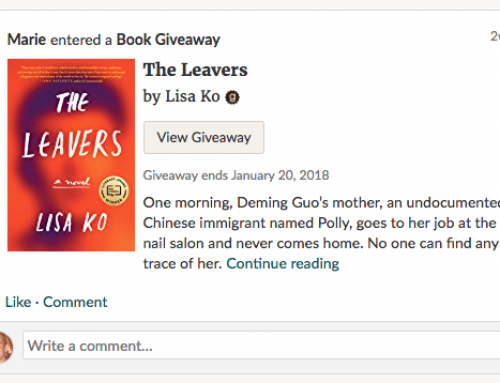
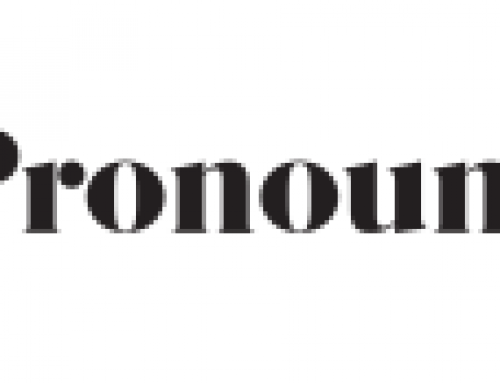
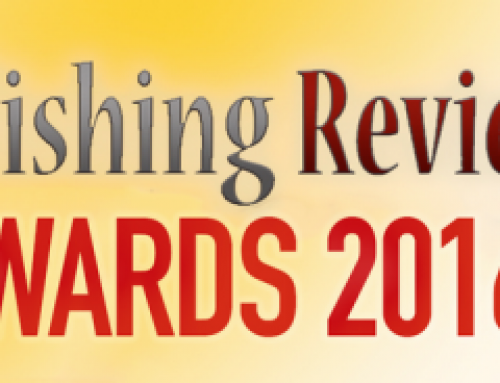
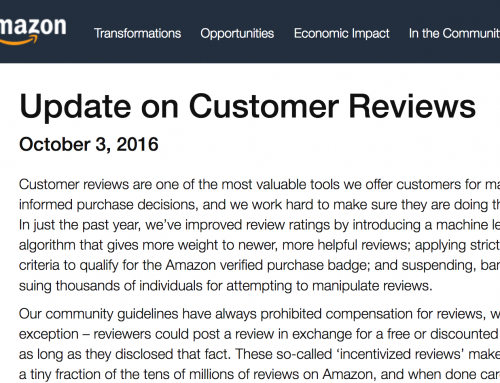
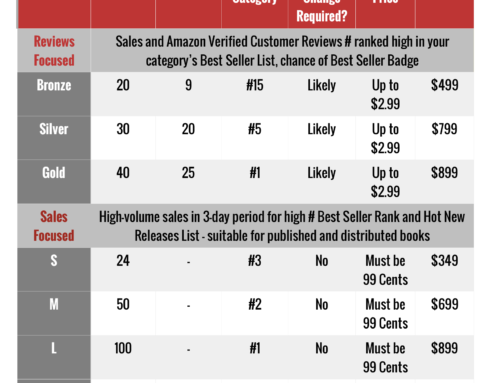
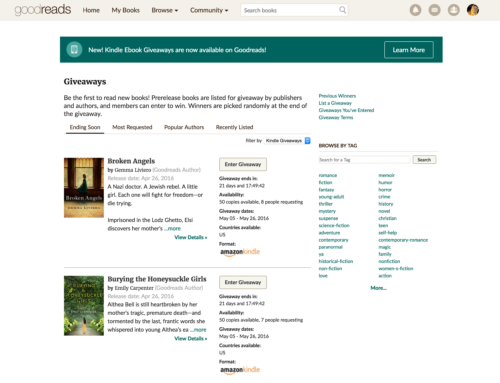
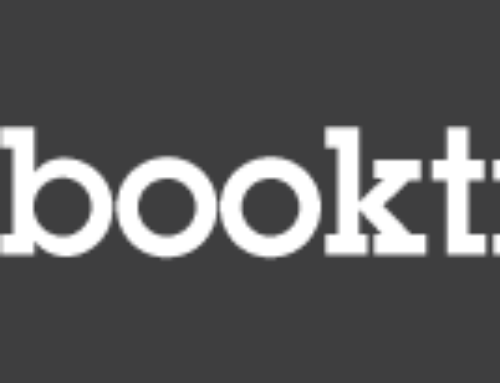
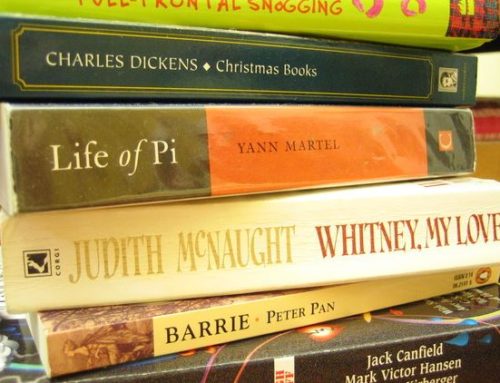
Looks like the Lending library has some way to go. But it’ll be interesting to follow.